Show Notes
In this video Dan shares the one mental shift that ignited more resilience after years of suffering and frustration. If you’re searching for practical ways to cope, rebuild psychological strength and improve daily life with chronic illness, this could be key for you.
Timestamps
00:00 Introduction: Battling Chronic Illness
00:29 A Pivotal Strategy for Resilience
02:14 Understanding the Lack of Resilience
04:56 The Power of Acceptance
05:40 Shifting Focus to Practical Steps
06:31 Embracing a Stoic Perspective
09:46 The Healthier Attitude: Acceptance
11:35 Conclusion: Transforming Suffering
Links
Here is a link to the ANS REWIRE program.
Transcript
Have you ever felt completely spent grappling with your chronic illness? Wondering if there's anything left in you to fight or cope? I'm Dan Neuffer for author of CFS Unravelled and the creator of the ANS REWIRE Recovery Program. And like many of you, I've battled ME CFS fibromyalgia POTS for years before I eventually recovered.
Today I am sharing a single pivotal strategy that transformed my own resilience when I felt there was nothing left. It's a perspective that took years to fully embrace. So let me start to say that many of you do better than I ever did to cope with chronic illness. I'm always inspired by you when I get the chance to speak with you.
I personally found that my own resilience really waned, and I know I'm not alone with that. That's why in both the recovery interviews as well as in private discussions, I always explore with other people how they were able to cope with this adversity. How did they manage to be resilient? Many years ago, I spoke with a fellow Recoverer who had suffered with, over a decade with ME/CFS and other severe chronic health problems. And he really suffered extraordinarily, severely looking for that magic answer to coping and resilience. I asked him, how could you get through this mentally? How could you cope? And he said, are you ready for the big reveal? What choice did I have?
I was like, what? Okay, that was a bit of a failure. You know, I really hoped to get some insight, well, a decade later and another five years of severe personal suffering, and I finally understand this answer and I'm gonna help you understand it now as well. Let's start with this. Ask yourself, why do we lack resilience?
Now, what, what is that? How does it feel? Take a moment now to just try and connect with that feeling. It's a bit like overwhelm, isn't it? Like you just can't do it anymore. It's, it's too much. But you notice that there's also a feeling around things just not being right, not being fair. And when we have things going against us, we see that things are not how they should be.
We often feel dismayed by this. You know, why, why did this happen to me? I need to make things right again. You know, in our society over the last 80 years or so, we've called it this idea that things should be right. Our lives should be good, our lives should be safe. We should be treated fairly and equally with respect and dignity.
We should have freedom and autonomy, these kind of things. It sounds good, but is it a reasonable expectation? I would say no, not in the context of a longer term, more global kind of a picture. I am not saying we shouldn't aspire to be better people or better and kinder society or to have these things in place, but if I ask some people in a third world country, so if I ask your great, great-grandpa or great-great-grandma, let's say, should you expect to be safe, expect to be treated fairly and expect to have your basic needs met, I reckon they might have rolled their eyes at me.
In fact, some might suggest that such things are ridiculous. You know, like; What? Where have you been living, fairy land? Think about it, wars, famine, oppression, disease. This was normal. This was everyday life. People rob you, maim you, take advantage of you. Normal! People are crippled, diseased, disabled. Normal! People are being taken advantage of, oppressed, displaced. Normal! Of course, nobody liked this. Nobody wants things to be like that, but none of it seemed like a shock to people. Now, people fought against this just like we should, but the difference was that they never felt entitled to have things be all good for them. So there was a level of acceptance, and with that acceptance comes a tremendous reduction in stress. What were those words? What choice did I have? Acceptance. Can you see it? But there's more to it. You see, when you accept that this is simply part of life, then rather than feeling you have to right the impossible wrong, rather than losing all your energy on that and feeling like a victim of unfairness, you simply say; bummer. Now what? What do I do now? What do you do? So you focus shifts to the practical steps of getting on with things. Now you might say, Hey, I take practical steps. I'm trying to make the best things I'm, I'm trying to get on with my life. Of course, we all try and do that, but I'm not sure if you can recognize that there's a different energy to what I'm talking about.
I know that when I was sick, I didn't feel resilient. I felt bitter, angry. I felt it was unfair. I felt I was treated unfairly, and I felt I had to fix it. Well, this didn't just give me stress, but it drained me not just physically, but mentally and emotionally now as I deal with a completely different health matter resulting from surgery for years ago.
You know, I still struggle some days, but more and more I try to tap into this more stoic perspective. Yep. This happens to many people. Some days are better, some days are worse. What can I do with the bad days? What can I do to make things just a bit better? It will be as it will be. It's a different energy.
Don't get me wrong, I still have my moments, usually around 3:00 AM when I'm clutching my guts, I often feel a whole lot less stoic and cool about things. Trust me, I'm, I'm far from perfect. This is still, you know, a learning experience for me too, but I'm talking about being resilient in the face of adversity by accepting that this is how it is, and we must simply make the best of life.
And focusing on what we can do to improve things. It's letting go of this idea that things can't be good until it's fixed. It's the opposite. It's saying, this is normal. This is what happens to people. How can things be good anyway? It's letting go of this dialogue about, I need this, I want that. It should be like this.
It's just acceptance. This is how it is. What can I do now, right now to make things a bit better? I will live a good life anyway. As I say this, I can almost hear my old self screaming at me. Good life. Easy for you to say. I can't do anything. I can't enjoy anything. I get it now. Even this time around with a different chronic illness.
I have had a similar experience at times. Now outside of supporting people in my program, I have done little on my YouTube channel during the last five years. I've recorded many interviews, podcasts, they never got published. It's always been a sort of a start and stop at best. I haven't written any more books.
I haven't created additional programs for people I could help. I've been very motivated, but then I haven't managed to do it. And I've missed out on many personal things. I've missed out on holidays. I haven't been able to do many of the activities that compress my abdomen now, so I don't spend time with my family sometimes like I want to, but what choice did I have?
But I have been able to do some things, other things. What choice did I have? , he said. You see, it's not an intellectual thing. It's a feeling thing, an attitude if you like. It's about surrendering to the reality of the situation. Instead of trying to force the world to be like, we want, like our own fantasy land of how things should be.
This is how it is. No thought, no dialogue, just acceptance. This is how it is now. What do I do? Can you see how much healthier it is? How much more resilient an attitude. This creates your whole focus and energy going to making the best of the situation rather than trying to force the bad situation to become good with both attitudes.
You still try to improve your health, your life. You still try to recover, but these things feel different. When we don't accept, we say life is a disaster. I can't cope. What's the point? I'm angry. I hate this. It's not fair. I have to fix it. Stress, stress, distress. Now, every week I speak with people who are so stuck in trying to right the wrongs, the injustices of people not believing what's going on with them, um, of people not helping them.
They're so stuck in trying to get justice. There's no energy left to actually do something constructive to move them forward and recover their health to get their lives back. When we accept, when we recognize that bad things are happening, our part of life, they're normal, we can say, bummer. Okay, how can I enjoy today as best as possible Anyway, what can I do that's fun?
What can I do that's productive? What can I do that helps me feel better if I can't do anything else? What's new? Yeah, what new things can I try? Different feeling, different energy. The first one, we see nothing except what is wrong in our lives and the world, and we are stuck. The second we see the positives.
We tap into optimism, into gratitude. We engage in some kind of action. You know, as we conclude today's discussion, I encourage you to embrace this. Remember, resilience isn't just about bouncing back from adversity. It's about coping with it, persevering through it. It's not just about the outwardly results of what you do or how you perform.
It's about how it feels to you inside. So it's not about being tough. In fact, being tough is often the problem because when we are tough, we actually endure suffering. We don't want to endure suffering. We want to transform it. We want to transcend it, move out of suffering. I hope this will talk here from my desk, supports you in some way today.
Now, I'd, I'd love to hear from you, how has your journey with chronic illness led you to resilience? Please share your insights in the comments below, and yeah, let's go stronger together. Remember, in the face of adversity, every choice is a chance to choose a better path. I hope this has made today a little bit better today.
Till next time.
Other Resources
CFS Unravelled is the book that started it all, outlining the explanation for the pathogenesis of ME/CFS, Fibromyalgia, POTS, MCS and related syndromes and explaining how recovery is possible.
All my email subscribers receive additional FREE resources like my book Discover Hope. So consider subscribing and reading the book to rediscover hope.
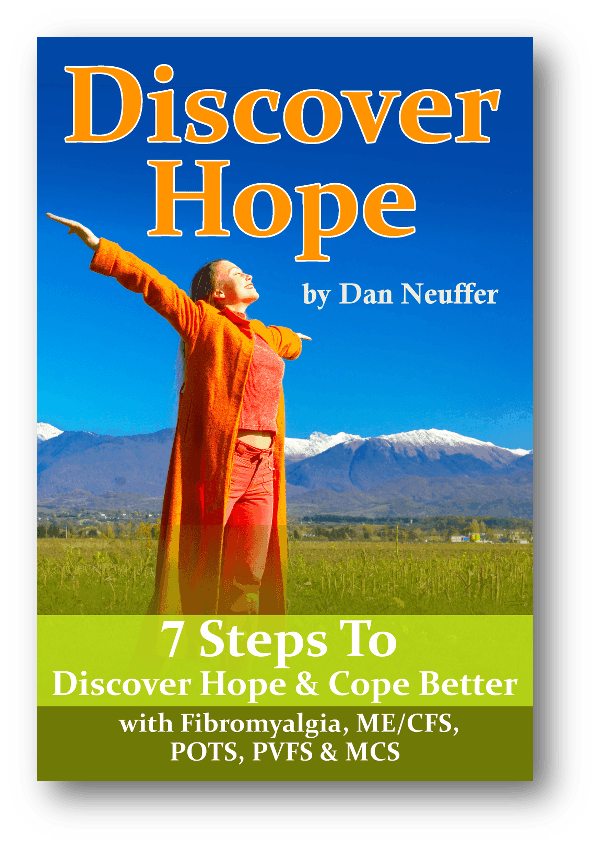
If you would like to learn more about the ANS REWIRE program, check out the 4 free intro lessons or visit the ANS REWIRE website.
Check out some other recent episodes
You can see the full list of episodes HERE.

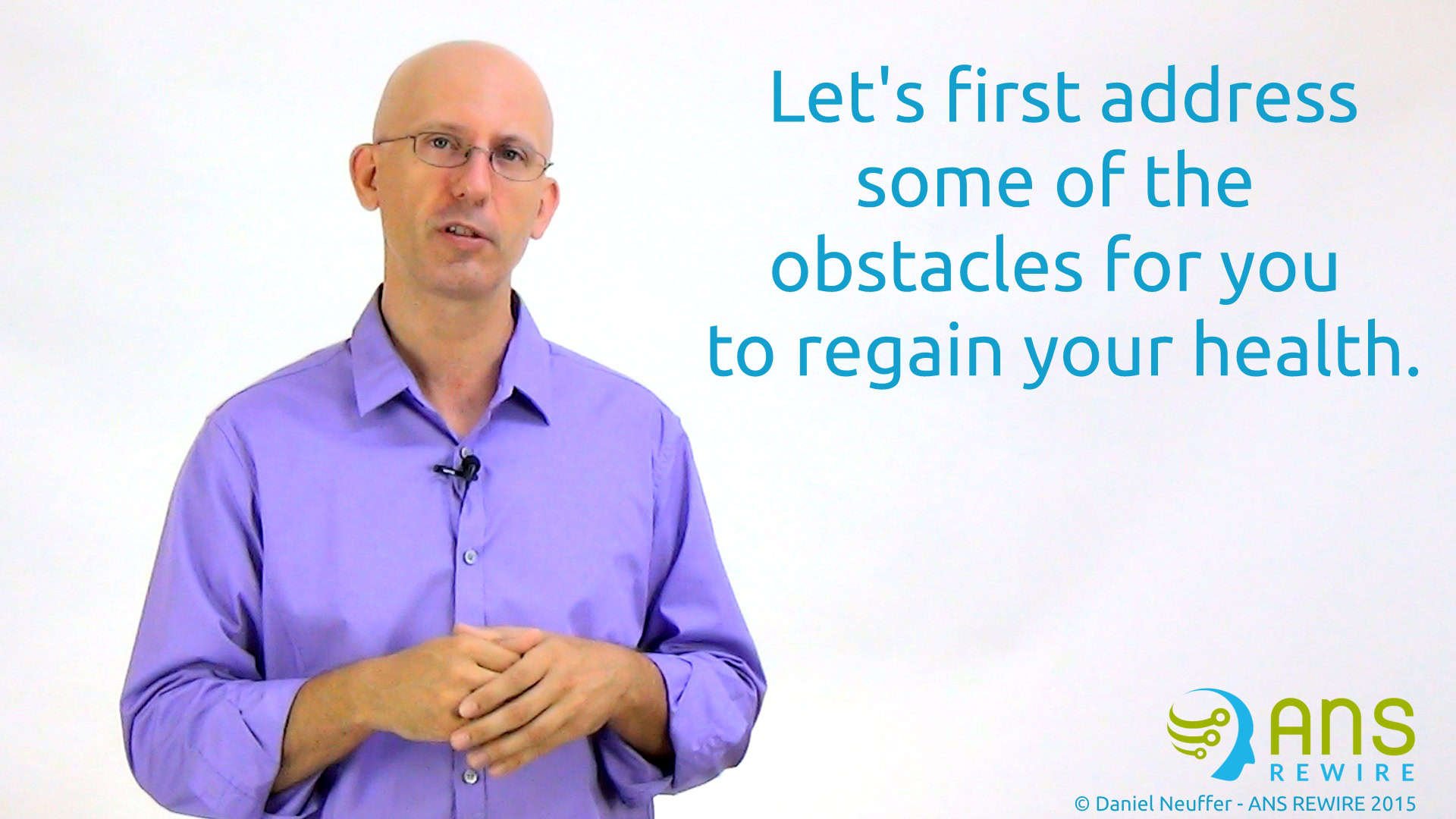
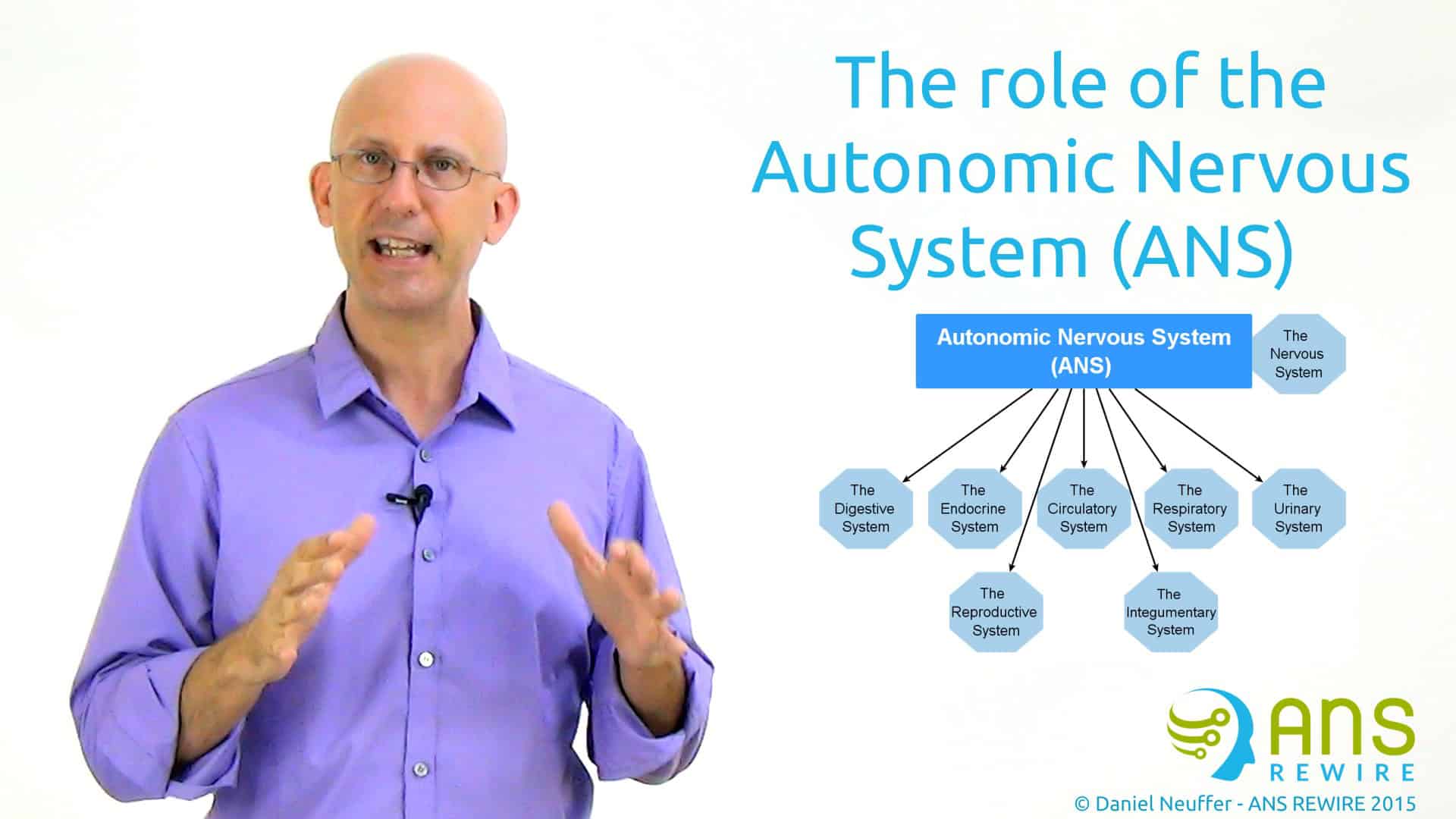
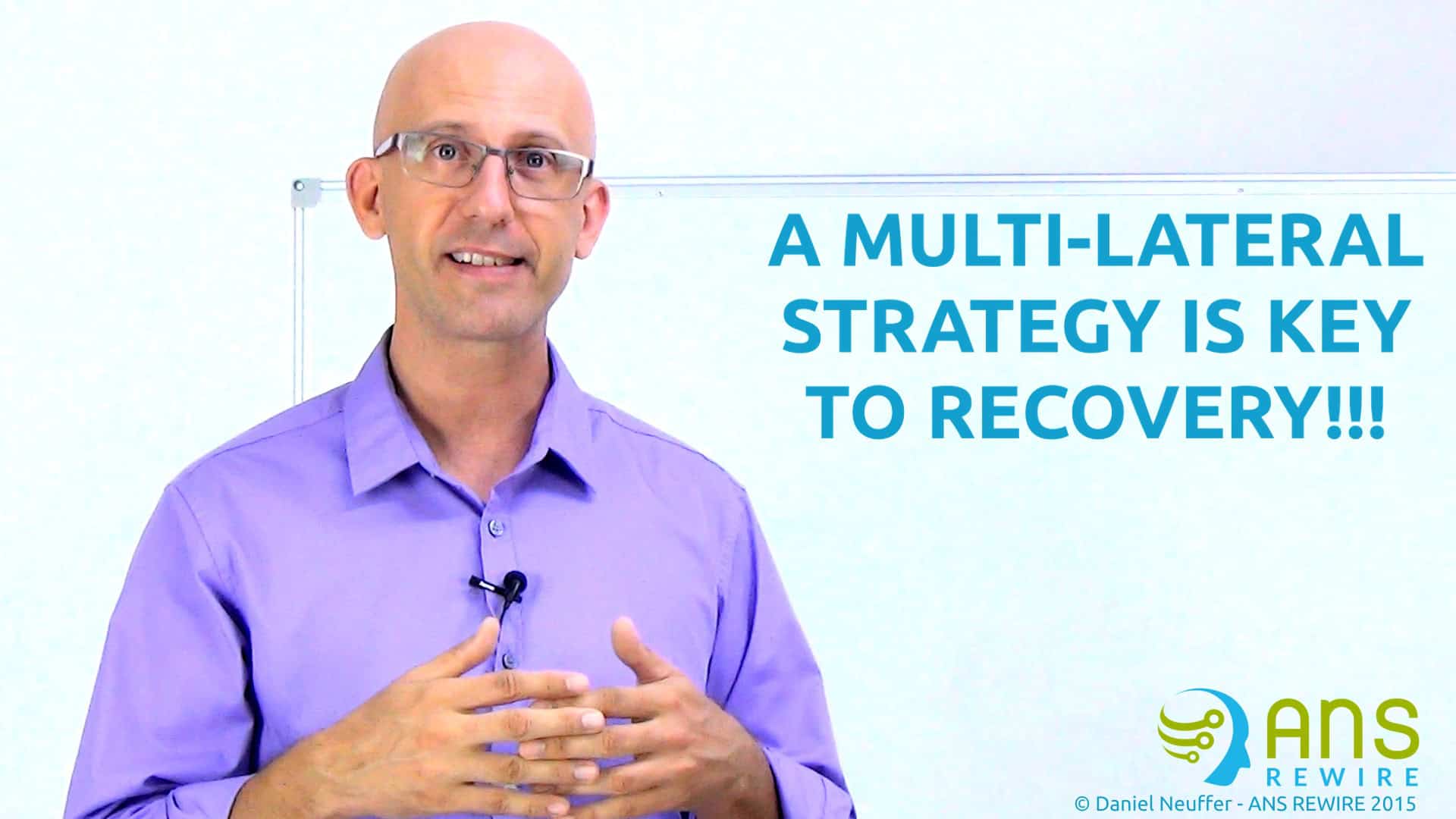
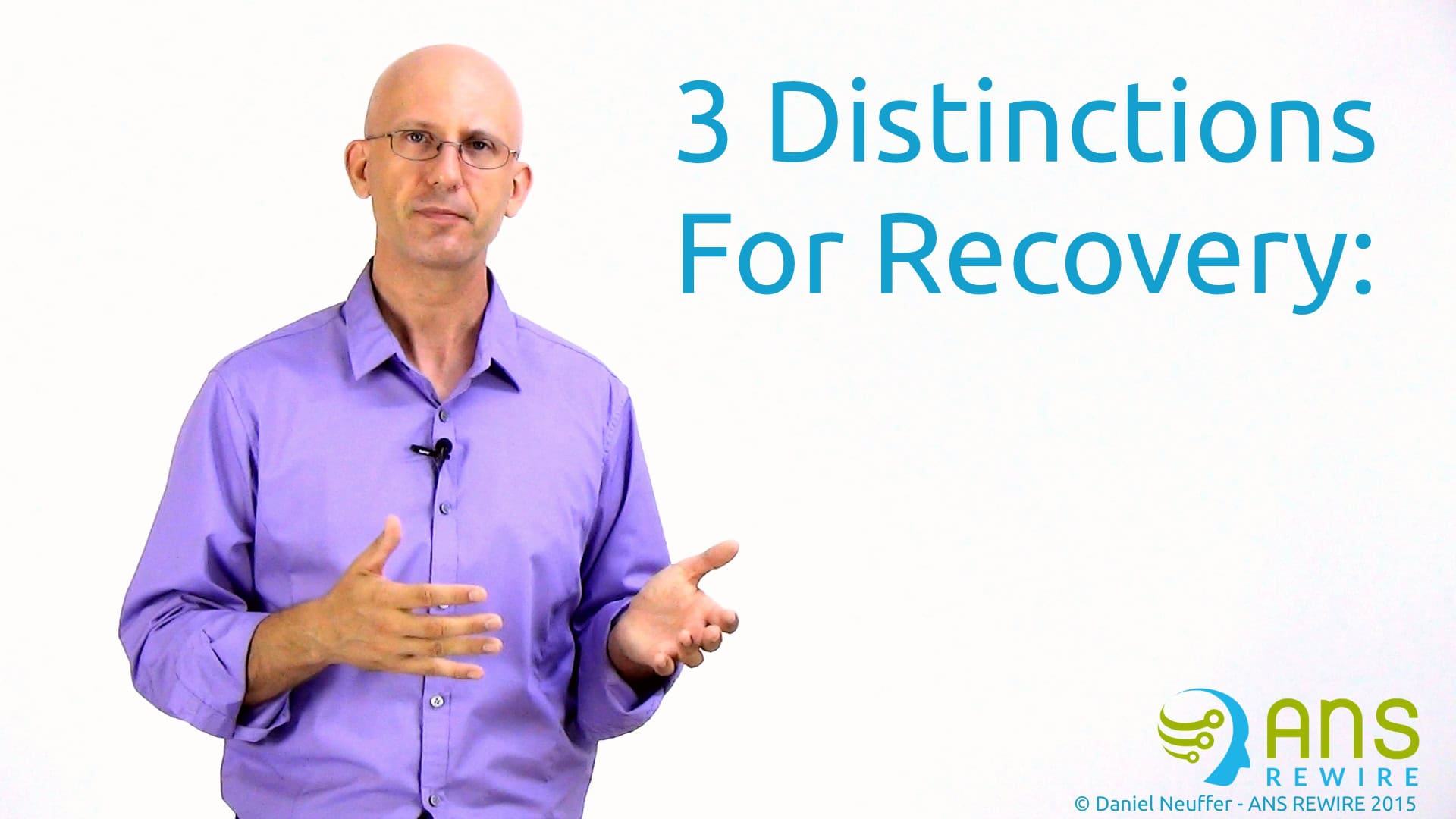
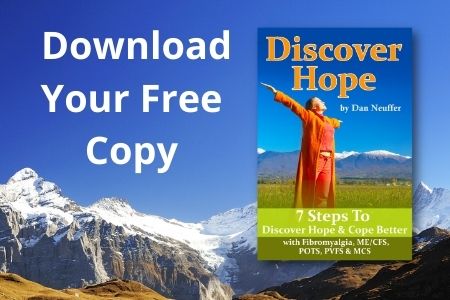
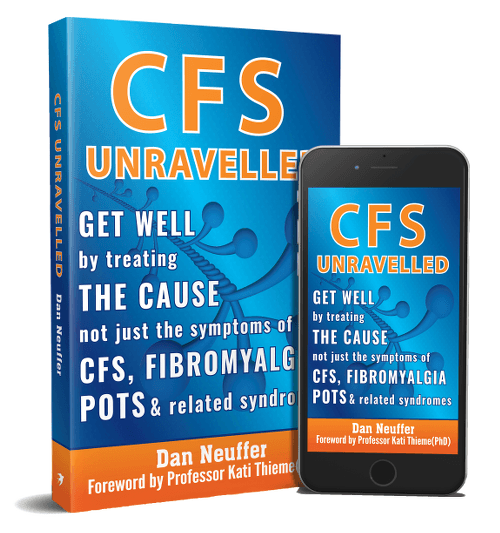
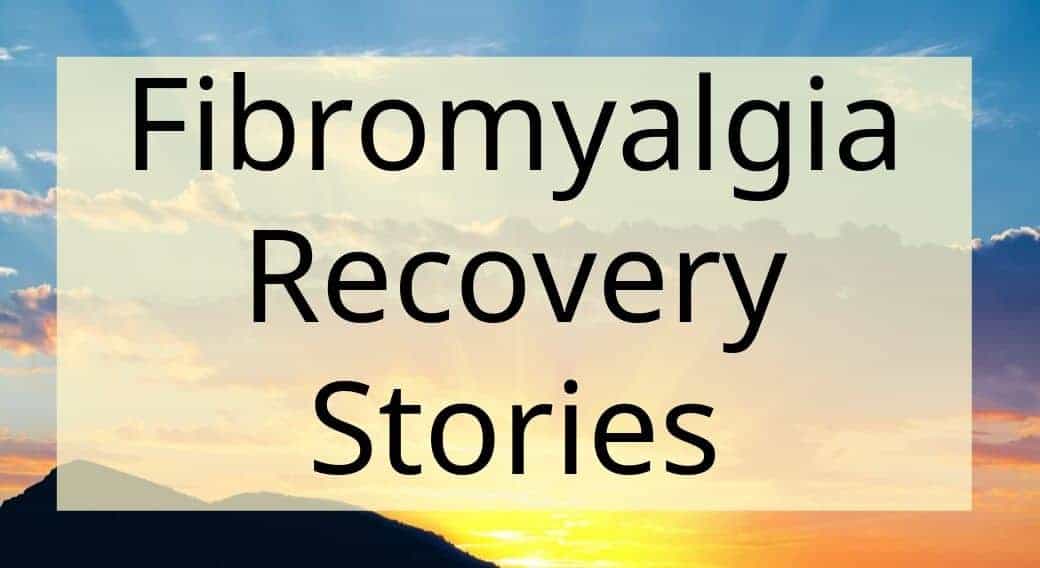
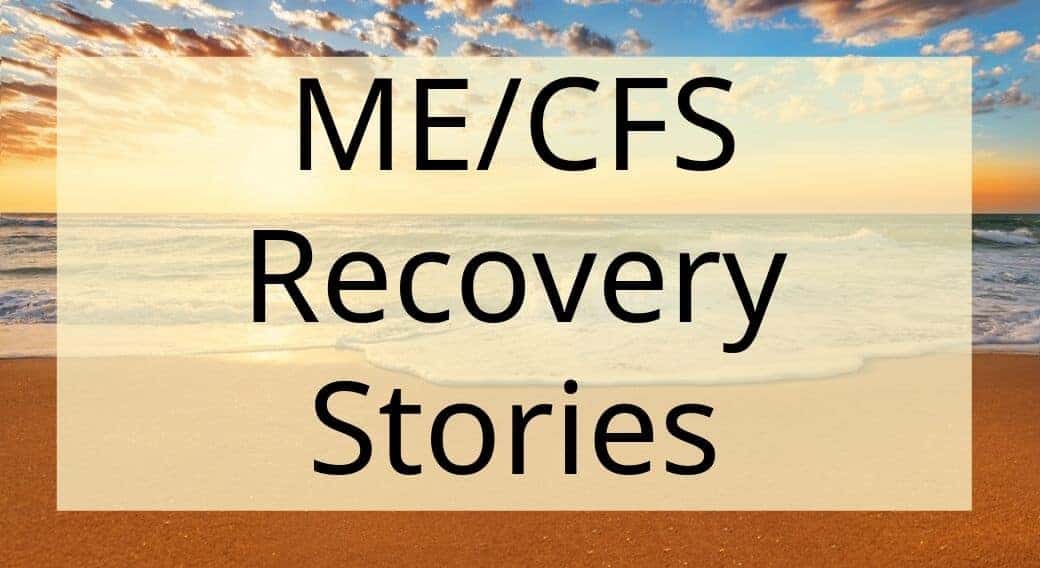
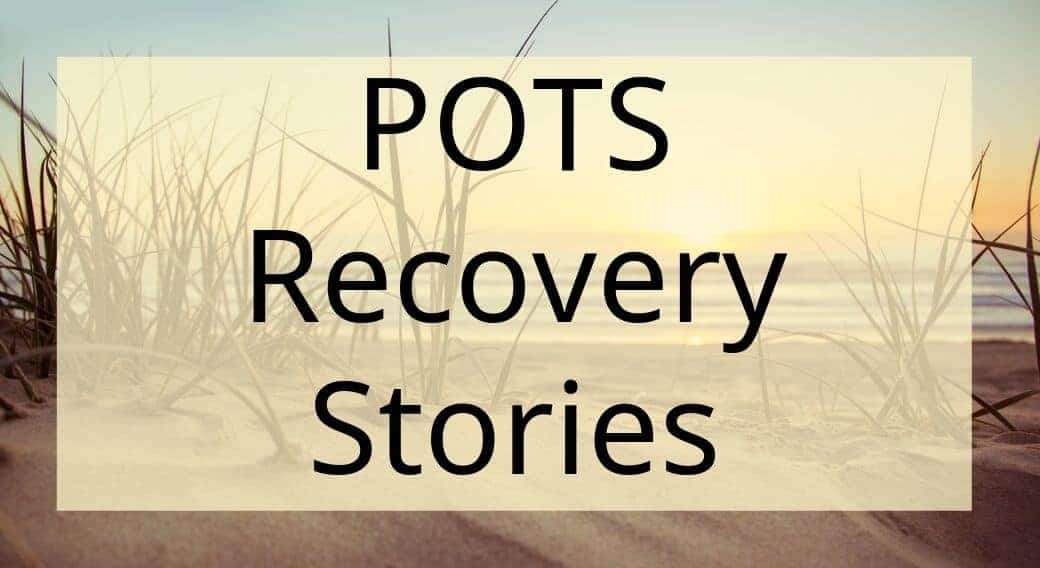
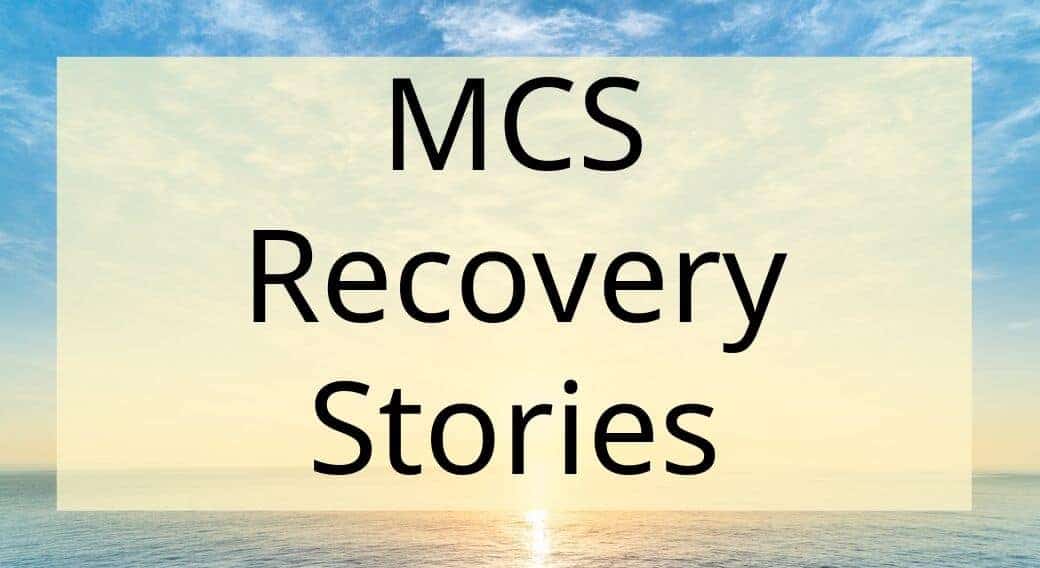

Lovely content, very inspiring
Thank you!!
Agreed! Focusing on, how can I make today a good day, what moments of joy can I experience today, how can I make the best of my day, what things can I enjoy -even if it’s something very small and simple. Happiness is often made up of small pleasures. Not comparing what we have now to what we used to have, just being with the day and focusing on what we can be/are grateful for, as if seeing the world through a new lens -without the past as a marker. Focusing on one day at a time, or sometimes one hour at a time. In the early days the more I struggled to resist where I was and be somewhere else the harder it was, acceptance frees up energy and joy. It’s often the questions we ask ourselves that are important. Acceptance comes in meeting ourselves where we are at and being gentle and kind with ourselves and the moment. There is always something to be grateful for. Love and blessings to everyone reading this.
👍♥️
Hey Dan, this was so helpful and just what I needed to hear today. I am recovering from cfs but just when I felt so much better, using tools from your ans rewire programme, I have crashed yet again. Acceptance, I believe is absolutely key. Thank you so much for reminding me and for caring and I wish all good things for you and your health too. ❤️
This is a very good video, but you left out the elephant in the room. We all know there is a one other choice, and a whopping 24% of us make that choice when we run out of resilience after falling and getting up over and over too many times. Reasons for not making that final choice need to be discussed, but there is too much stigma related to it. It would be nice to see a discussion about that, if YouTube censors will allow it.
I had a look at addressing this some time ago, but it’s complicated.
Yes, transforming suffering says it well. How to have a good life anyway..
Yes, that’s a profound truth. Thanks, Dan.
Hi Dan. Thanks soo much. This is by far your best video. You hit the hammer on the nail! I worked the last 25 years as a pastor in Khayelitsha, the big slum of Cape Town, South Africa and this is the way people there approach life and survive in far worse circumstance then myself with ME. Maybe people should understand this before Rewiring because rewiring is not the full solution for everyone. I myself did your course diligently for 6 months but got stuck in many unresolved physical problems which cannot simply be rewired away. I stopped rewiring for a few months and now try to figure out in what situations rewiring works. The problem in South Africa is that there are no doctors who are well versed in ME/CFS so many medical problems and comorbities are not addressed in my case. I think that the same applies to many patients all over the world. What we need is a balanced approach between the ‘pure’ medical and neuroplasticity. All the best and many thanks.
Indeed.
Physical treatments are key, especially if someone has a comorbidity not related to ANS dysfunction.
Hope things are on the up for you soon.
Just what I needed to hear today. Thanks Dan!
👍♥️